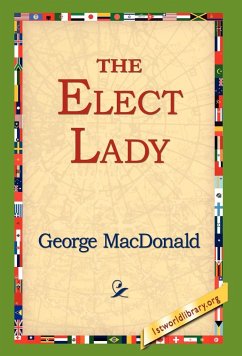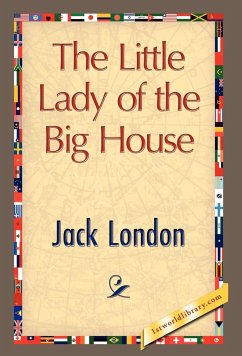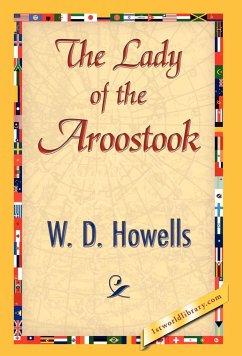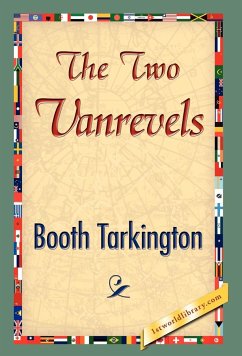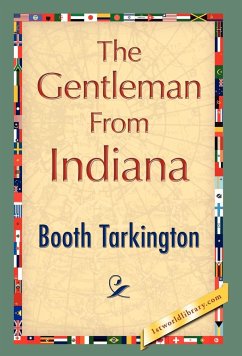Nothing could have been more painful to my sensiti-veness than to occupy myself, confused with blushes, at the center of the whole world as a living advertise-ment of the least amusing ballet in Paris. To be the day's sensation of the boulevards one must possess an eccentricity of appearance conceived by nothing short of genius; and my misfortunes had reduced me to present such to all eyes seeking mirth. It was not that I was one of those people in uniform who carry placards and strange figures upon their backs, nor that my coat was of rags; on the contrary, my whole costume was delicately rich and well chosen, of soft grey and fine linen (such as you see worn by a marquis in the pe'sage at Auteuil) according well with my usual air and countenance, sometimes esteemed to resemble my father's, which were not wanting in distinction.
Hinweis: Dieser Artikel kann nur an eine deutsche Lieferadresse ausgeliefert werden.
Hinweis: Dieser Artikel kann nur an eine deutsche Lieferadresse ausgeliefert werden.



